
Cockroach Allergy: Causes, Symptoms, Prevention & Treatment
Did you know that cockroaches are not just a nuisance but also a major cause of allergies and asthma attacks in homes? If you or someone in your family suffers from unexplained sneezing, coughing, or breathing problems—especially at night or in damp places—cockroach allergy could be the hidden culprit. Let’s understand what cockroach allergy is, its signs, and how you can protect your loved ones.
What is Cockroach Allergy?
Cockroach allergy occurs when your immune system reacts to certain proteins found in the body parts, saliva, eggs, and droppings of cockroaches. When these tiny particles become airborne, they can be inhaled—triggering an allergic reaction in sensitive people.
Who is at Risk?
-
Children (especially in urban homes)
-
People with existing allergies or asthma
-
Those living in apartments or older buildings
How Do Cockroaches Cause Allergies?
Cockroaches crawl through drains, kitchens, and dark corners, leaving behind saliva, feces, shed skin, and egg casings. These turn into microscopic dust that mixes with indoor air and settles on bedding, curtains, or carpets.
When someone breathes in these allergen particles, their immune system may react, causing allergy symptoms—or even an asthma attack.
Common Symptoms of Cockroach Allergy
-
Frequent Sneezing
-
Coughing, especially at night
-
Itchy, watery eyes
-
Stuffy or runny nose
-
Skin rashes or eczema
-
Wheezing, chest tightness, or trouble breathing (asthma)
-
Chronic sinus infections
In children, cockroach allergy is a leading cause of asthma attacks, especially in urban areas.
How is Cockroach Allergy Diagnosed?
If you notice persistent allergy symptoms—especially if they get worse at home or at night—see an allergy specialist.
Doctors may use:
-
Skin Prick Tests: Small amounts of cockroach allergen placed on the skin.
-
Blood Tests: To detect specific allergy antibodies (IgE) in the blood.
How to Prevent Cockroach Allergy at Home
1. Eliminate Cockroaches
-
Keep your kitchen, bathroom, and floors clean.
-
Store food in airtight containers.
-
Fix water leaks and reduce dampness.
-
Take out the garbage daily and seal bins tightly.
2. Remove Allergen Dust
-
Use a vacuum with a HEPA filter.
-
Mop floors and wipe surfaces regularly.
-
Wash bedding and curtains in hot water.
-
Avoid clutter, especially in bedrooms and kitchens.
3. Seal Entry Points
-
Close cracks in walls, doors, and windows.
-
Use screens on vents and drains.
4. Professional Pest Control
-
If you spot cockroaches or droppings, use safe baits/gels—or call pest control experts for a thorough treatment.
Treatment for Cockroach Allergy
-
Antihistamines: Reduce sneezing, runny nose, and itching.
-
Nasal Corticosteroids: Reduce inflammation in the nose.
-
Decongestants: Relieve stuffy nose.
-
Allergy Shots (Immunotherapy): For severe cases, regular injections can help reduce sensitivity.
-
Asthma Medication: If allergy triggers asthma, your doctor may prescribe inhalers or other medicines.
FAQs About Cockroach Allergy
Q: Can cockroach allergy cause asthma?
A: Yes. Cockroach allergens are a leading cause of asthma in children and can worsen symptoms in adults.
Q: Are cockroach allergies seasonal?
A: No, they can trigger symptoms year-round—especially in warm, damp, and urban homes.
Q: What’s the best way to avoid cockroach allergy?
A: Keep your home clean, eliminate food/water sources, and fix leaks. Use professional pest control for severe infestations.
Conclusion
Cockroach allergy is common but often overlooked. By keeping your home clean, fixing leaks, and managing clutter, you can greatly reduce the risk of cockroach allergens harming your family’s health. If symptoms persist, seek medical advice and consider professional pest control.

Youtube Video
Invalid YouTube URL provided.












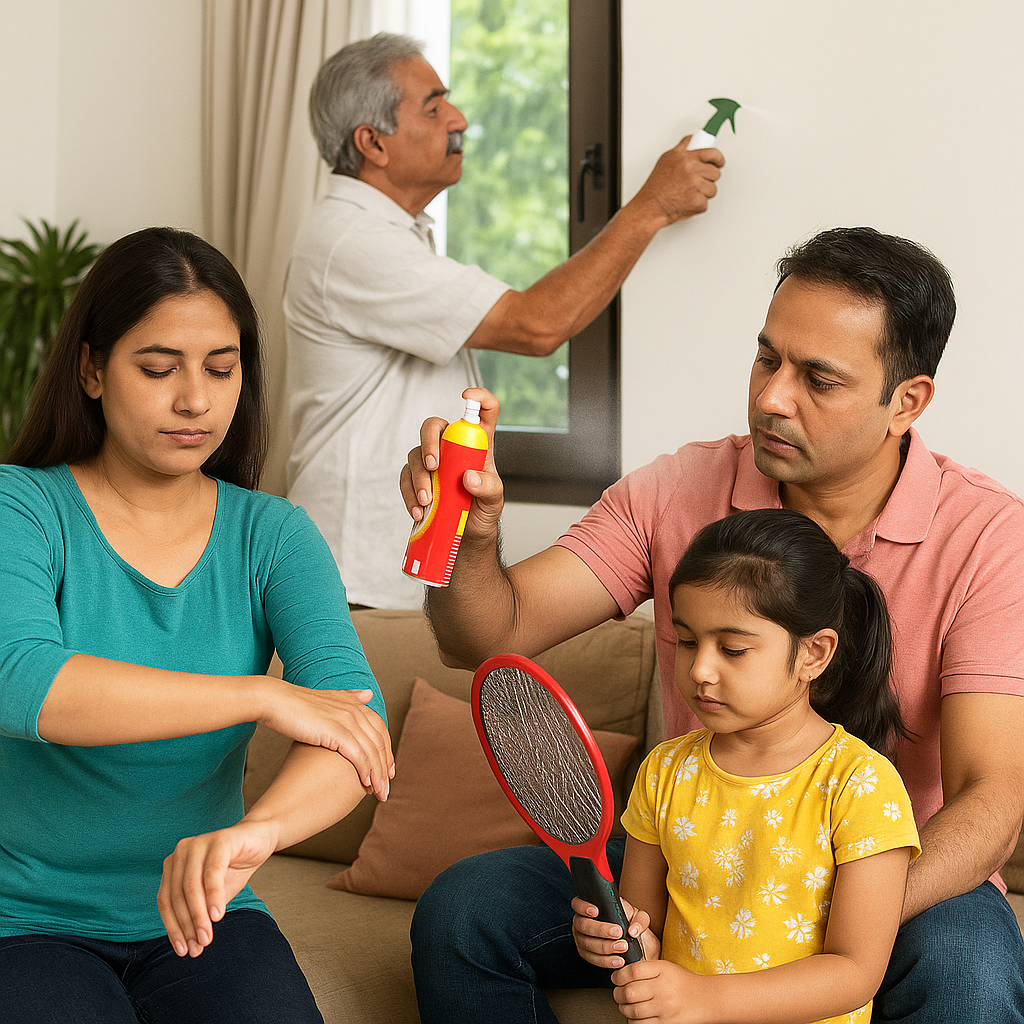
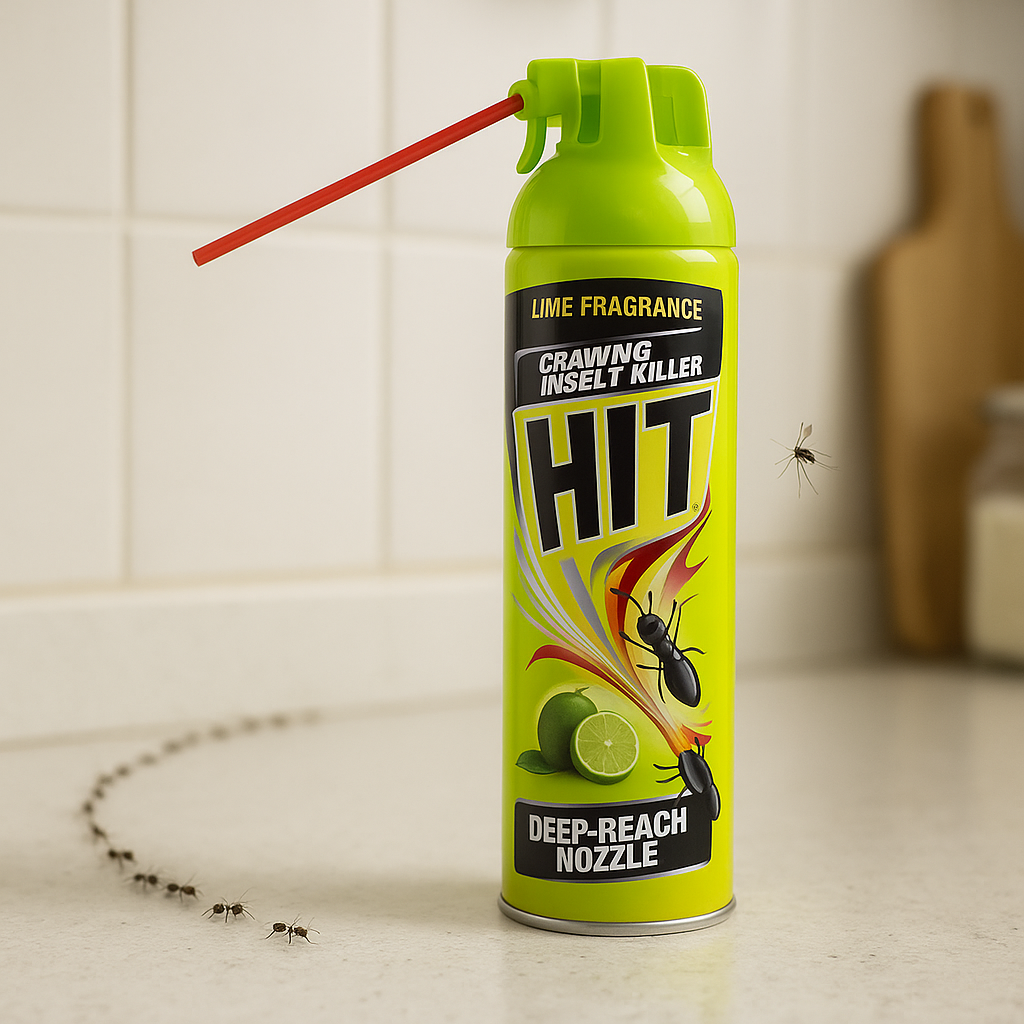
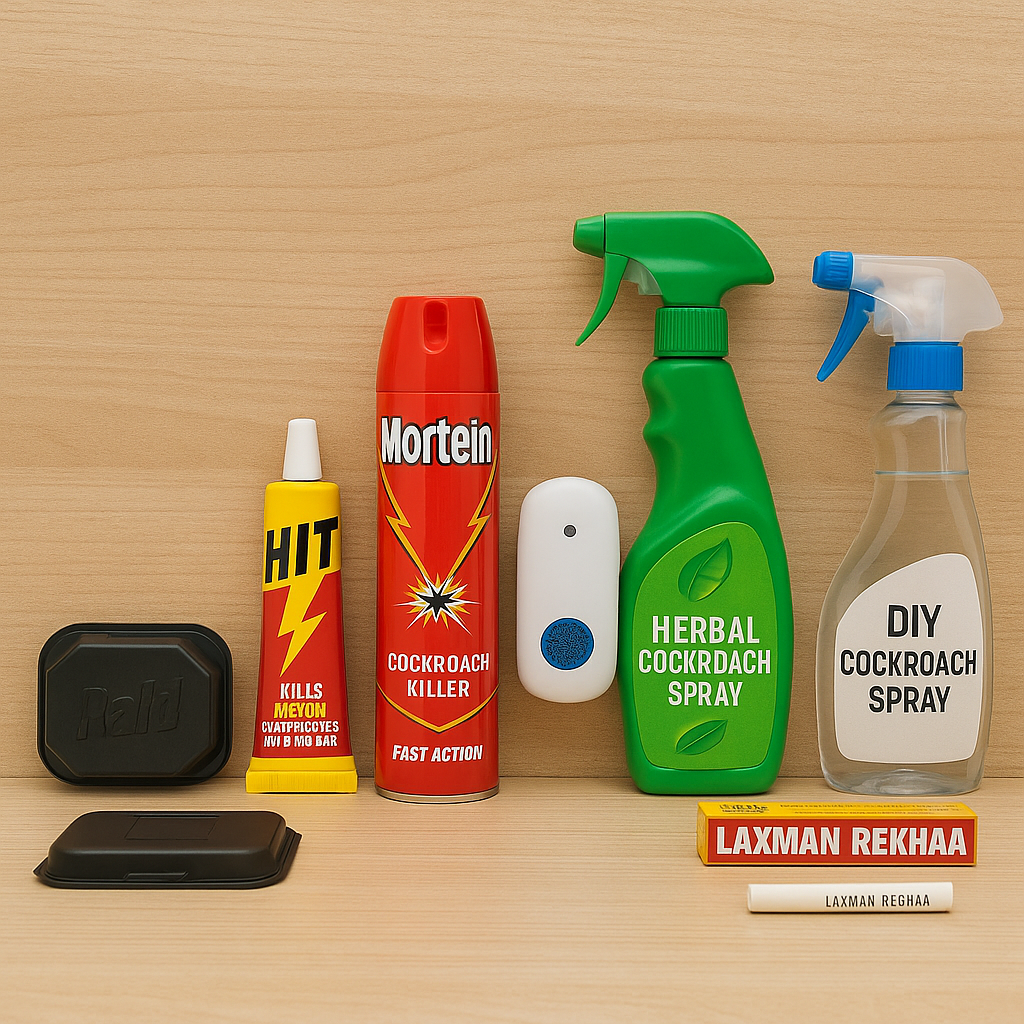
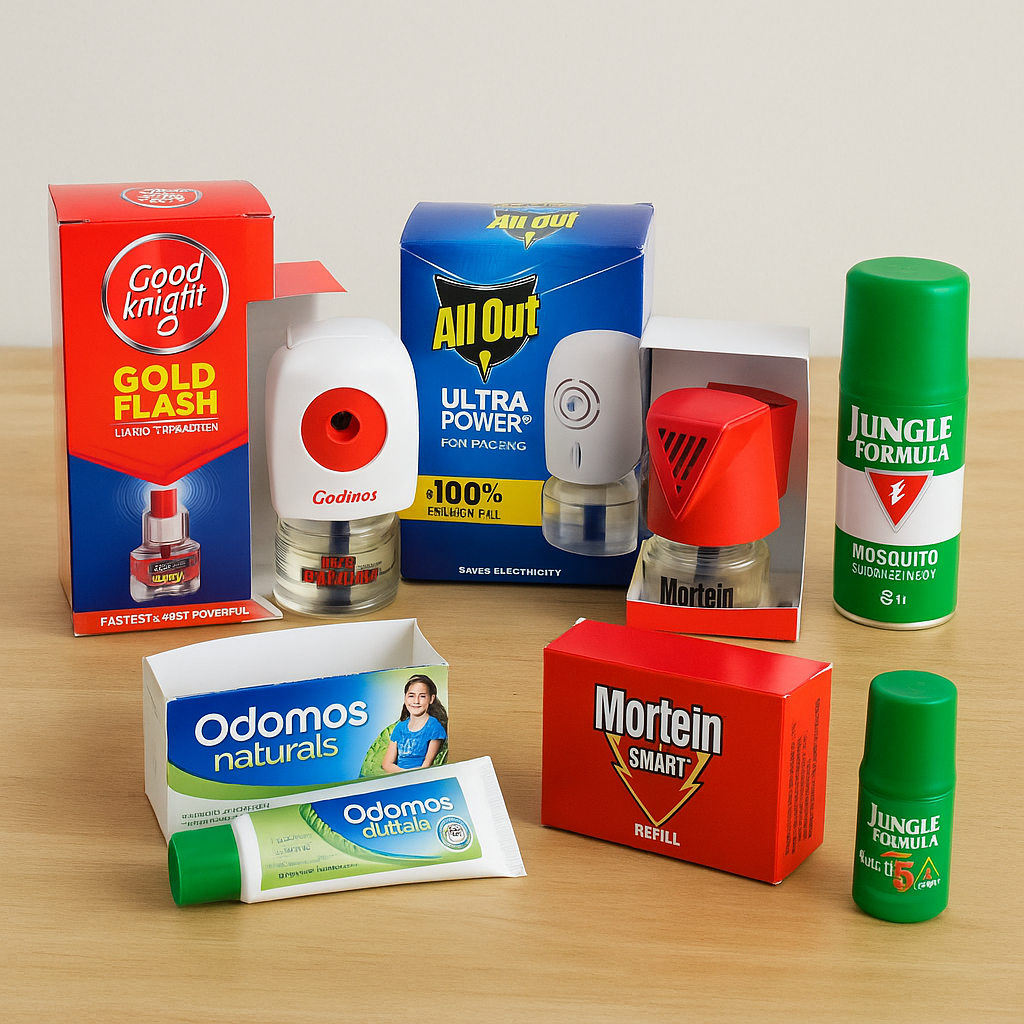
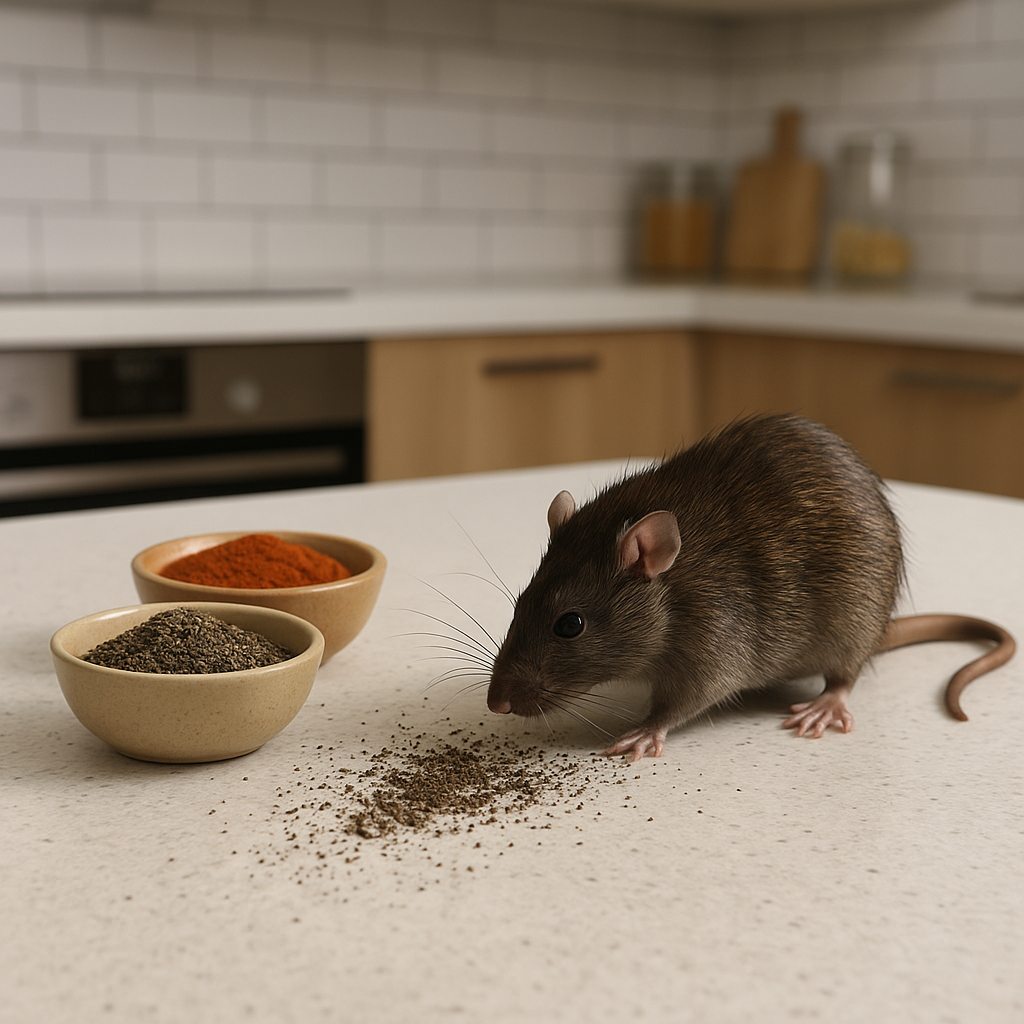

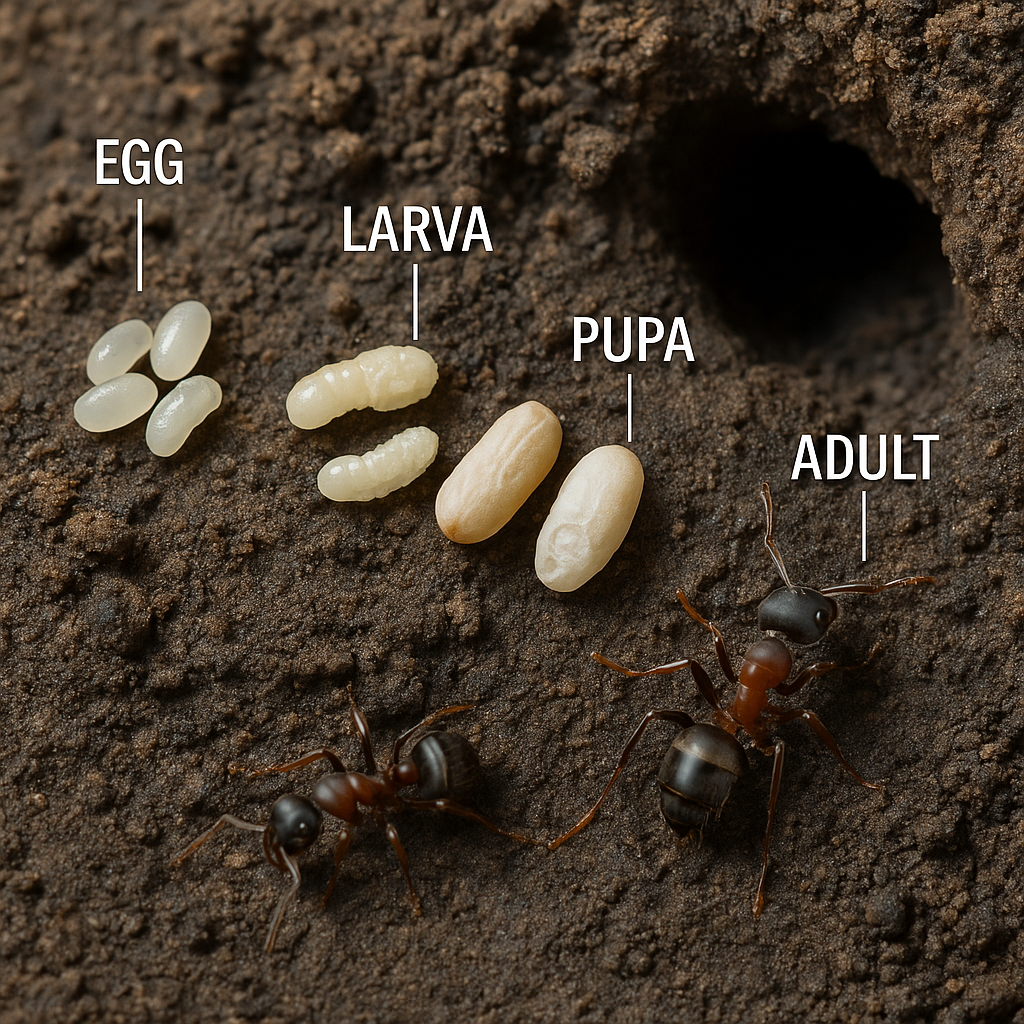
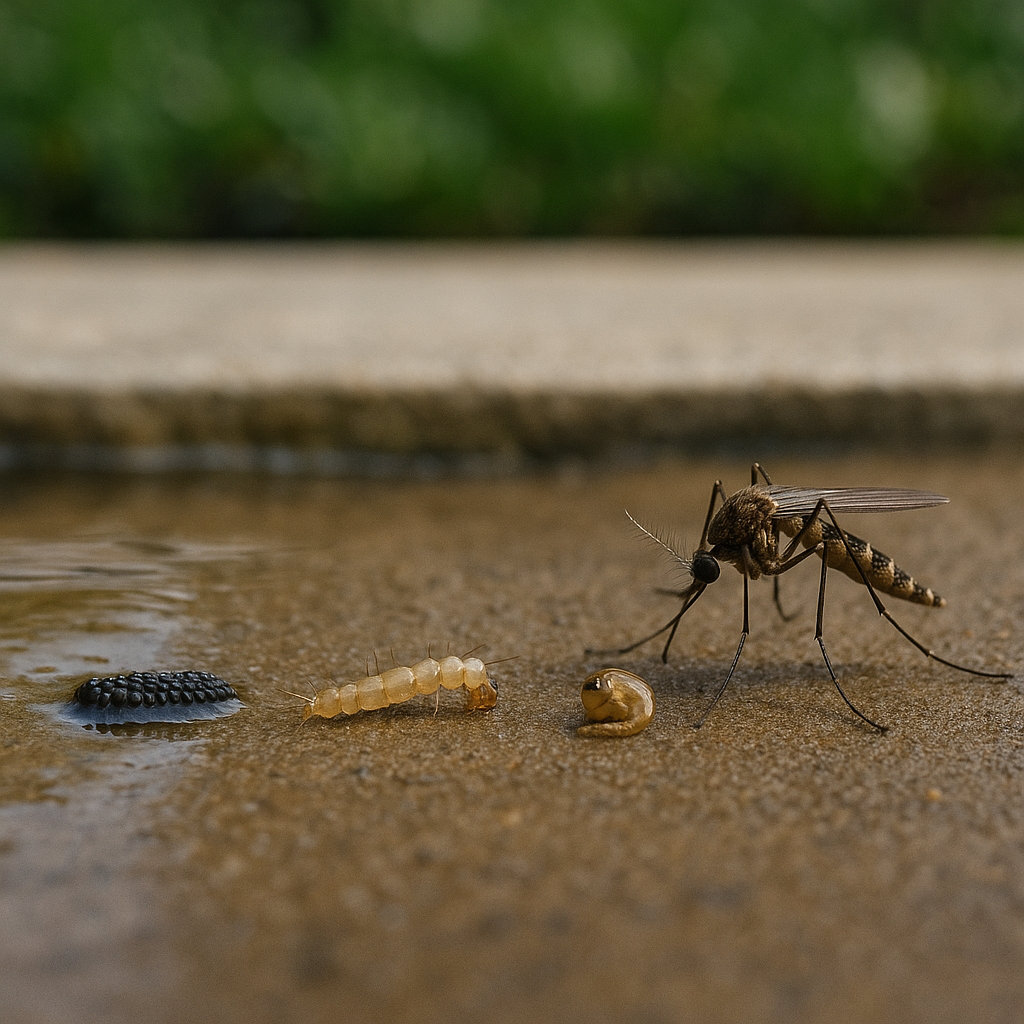

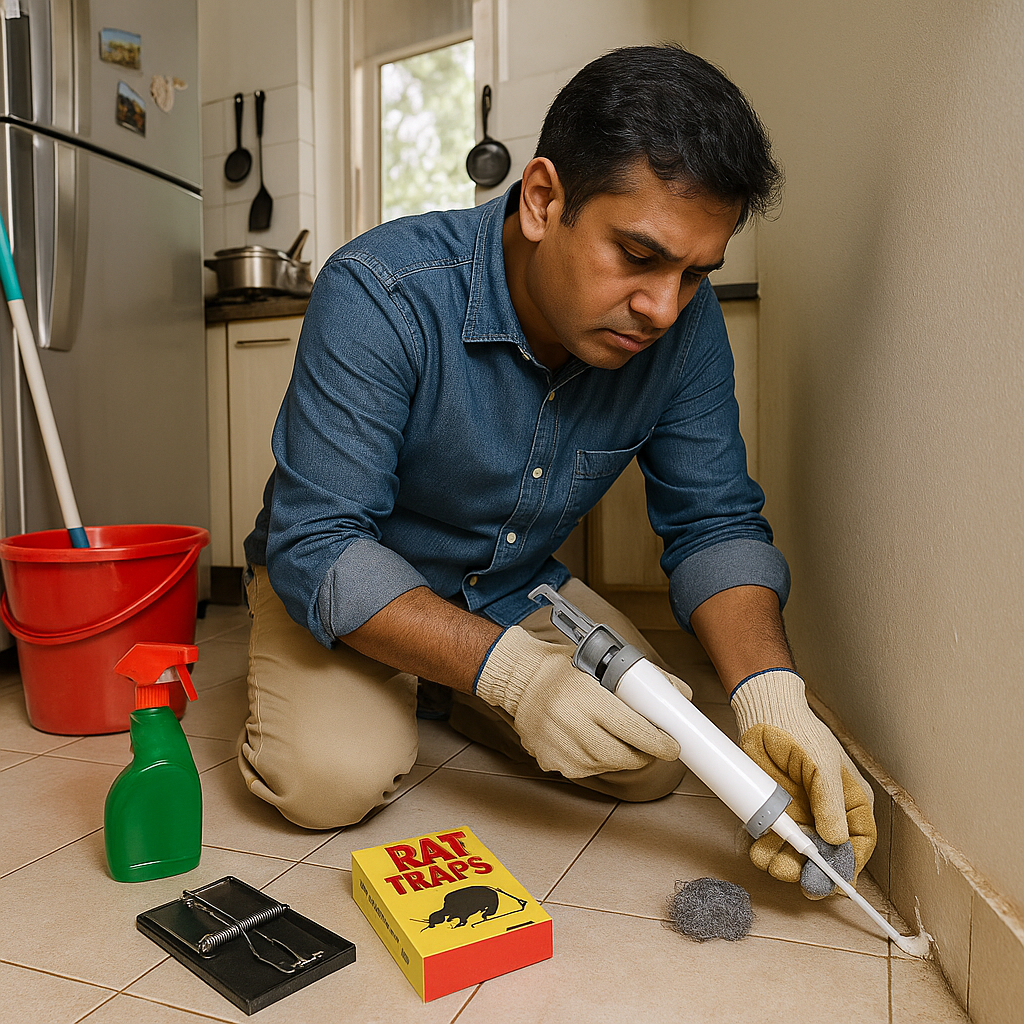
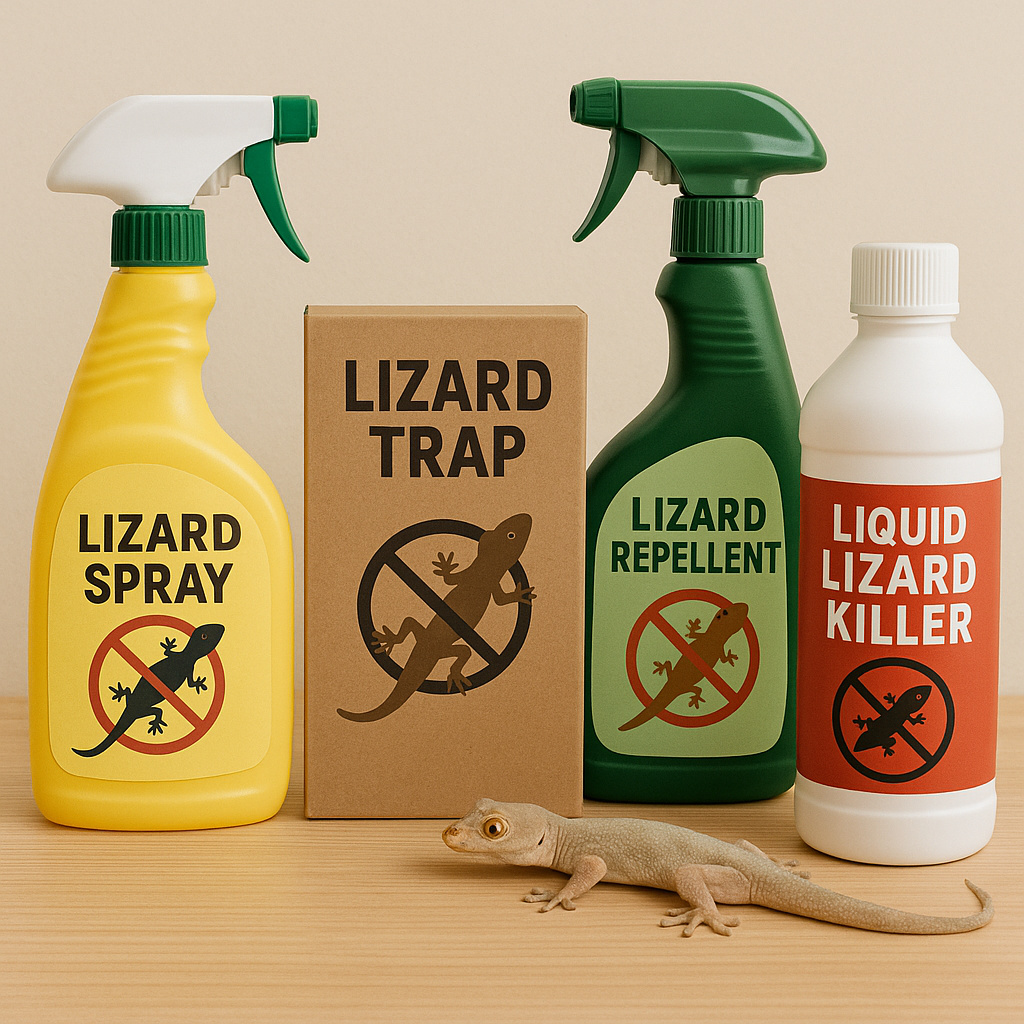
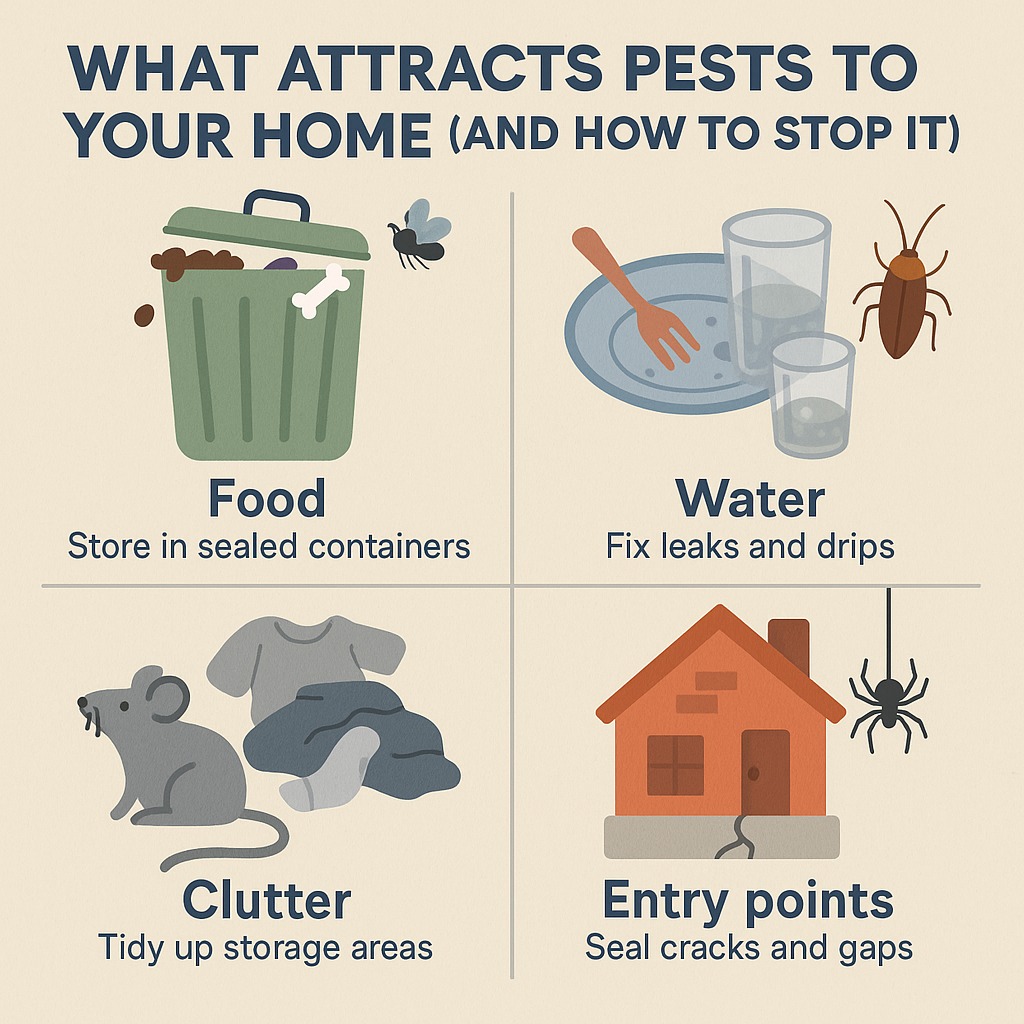


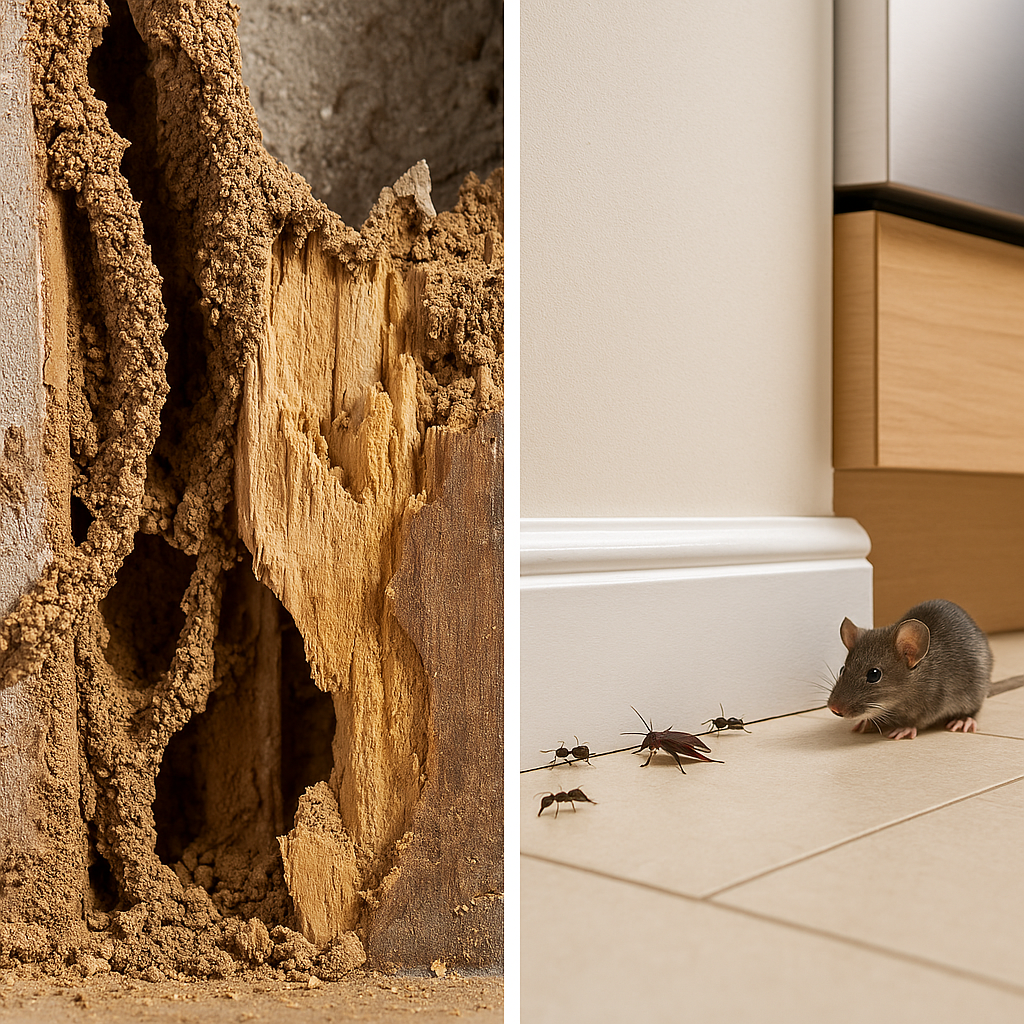
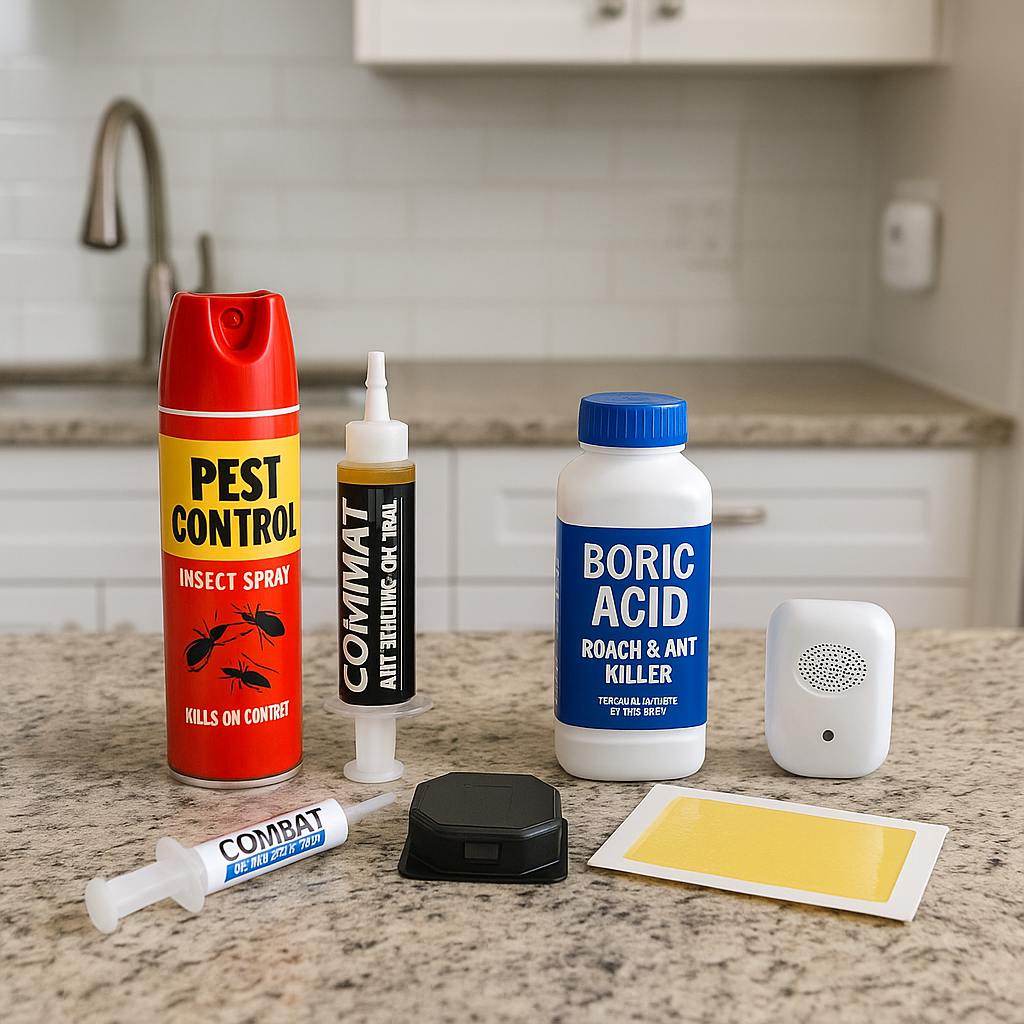
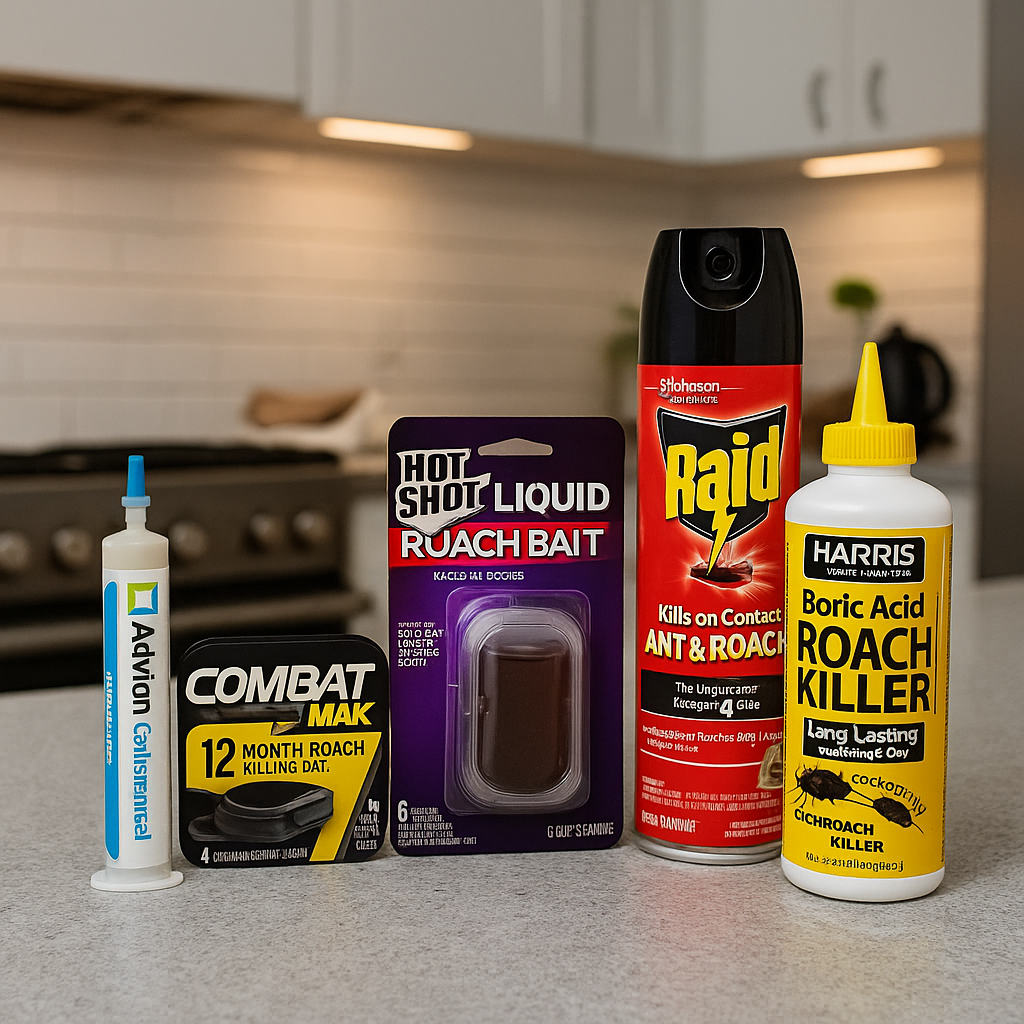
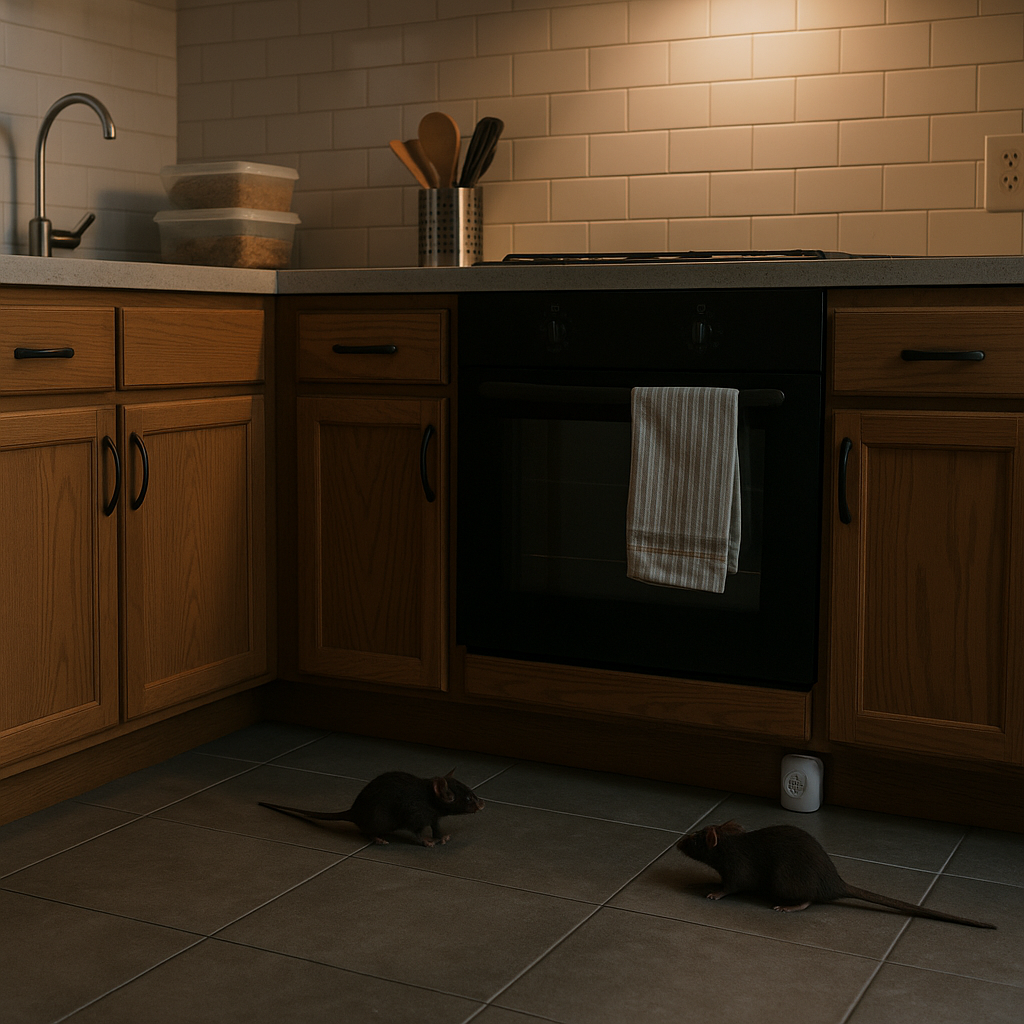

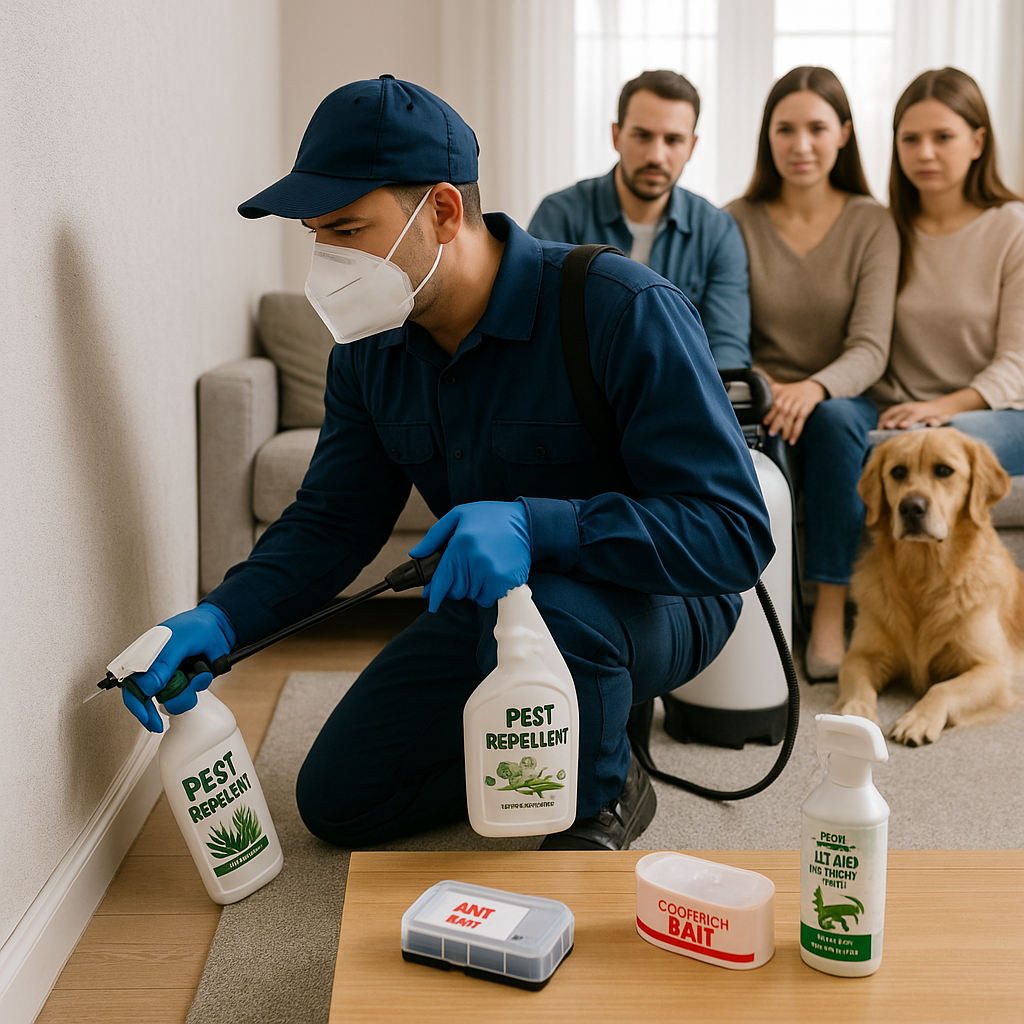

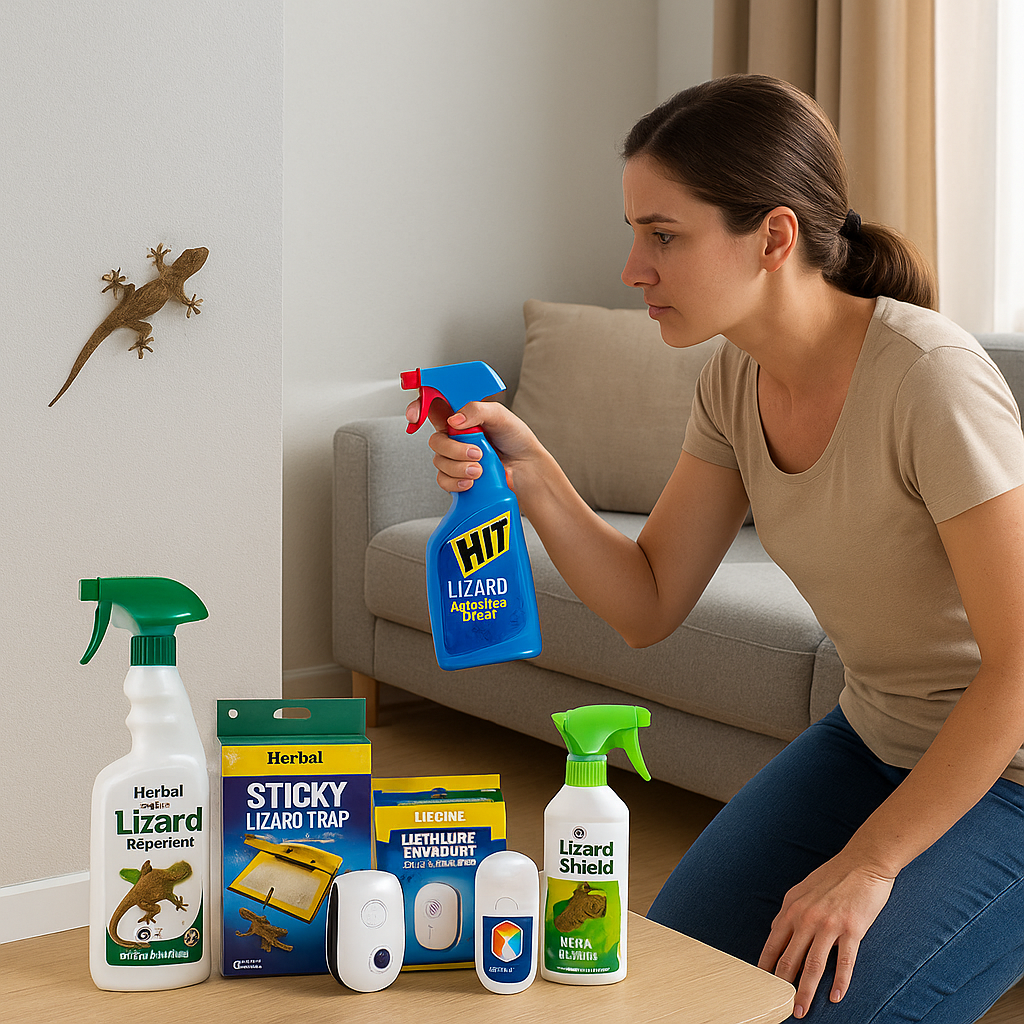


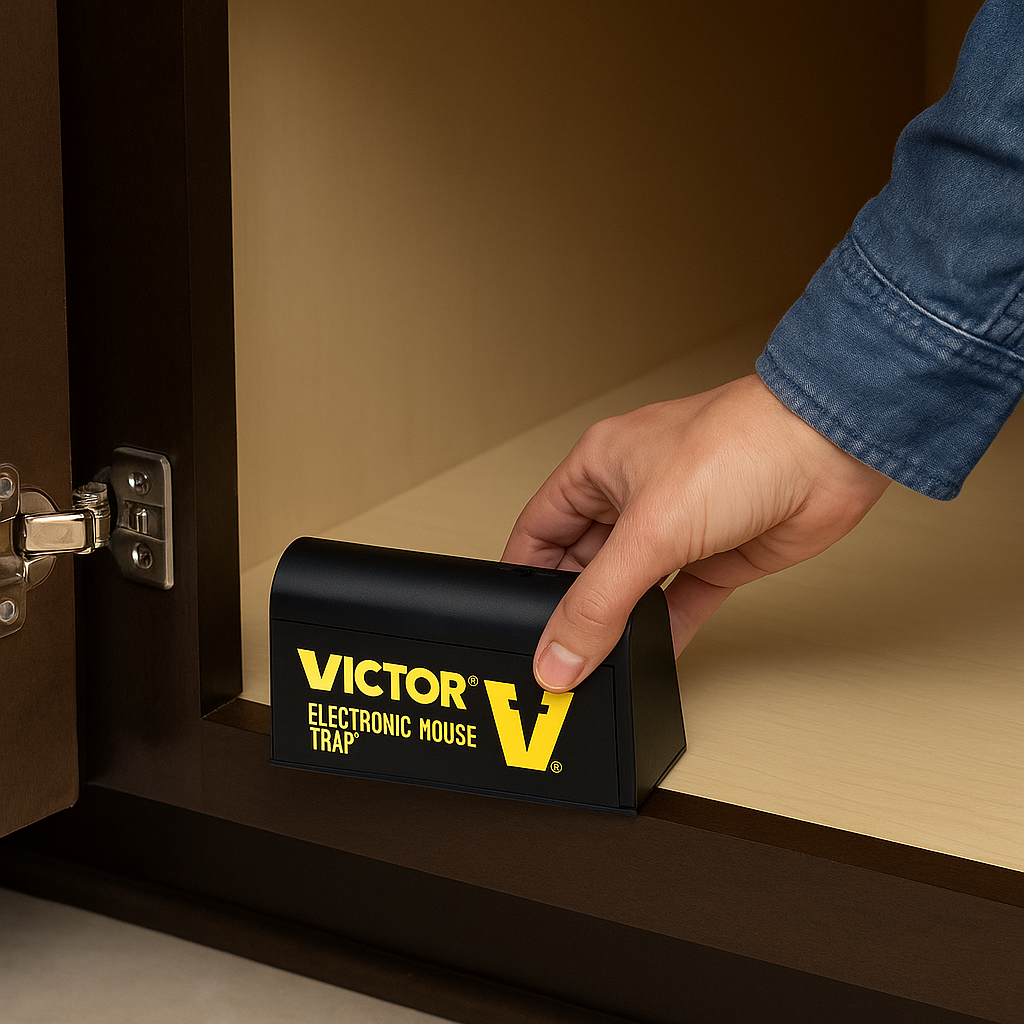
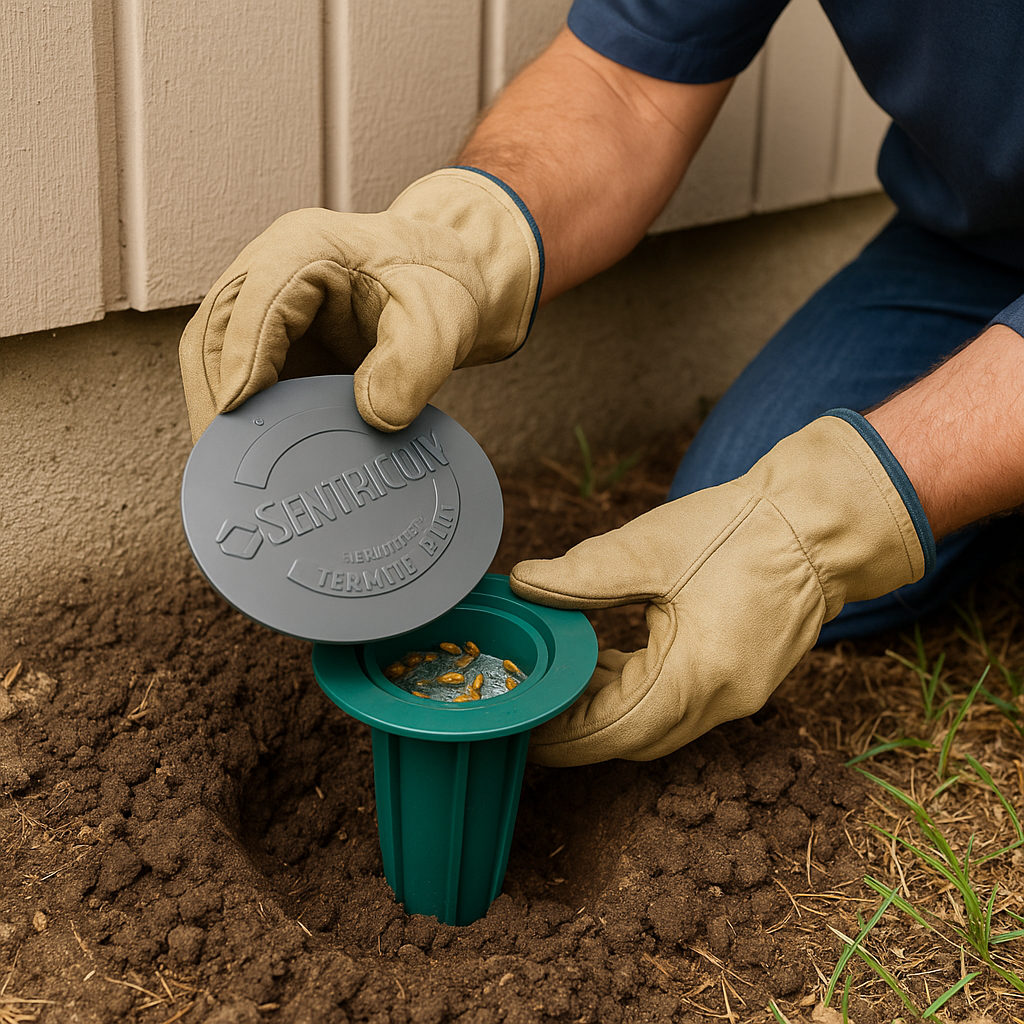
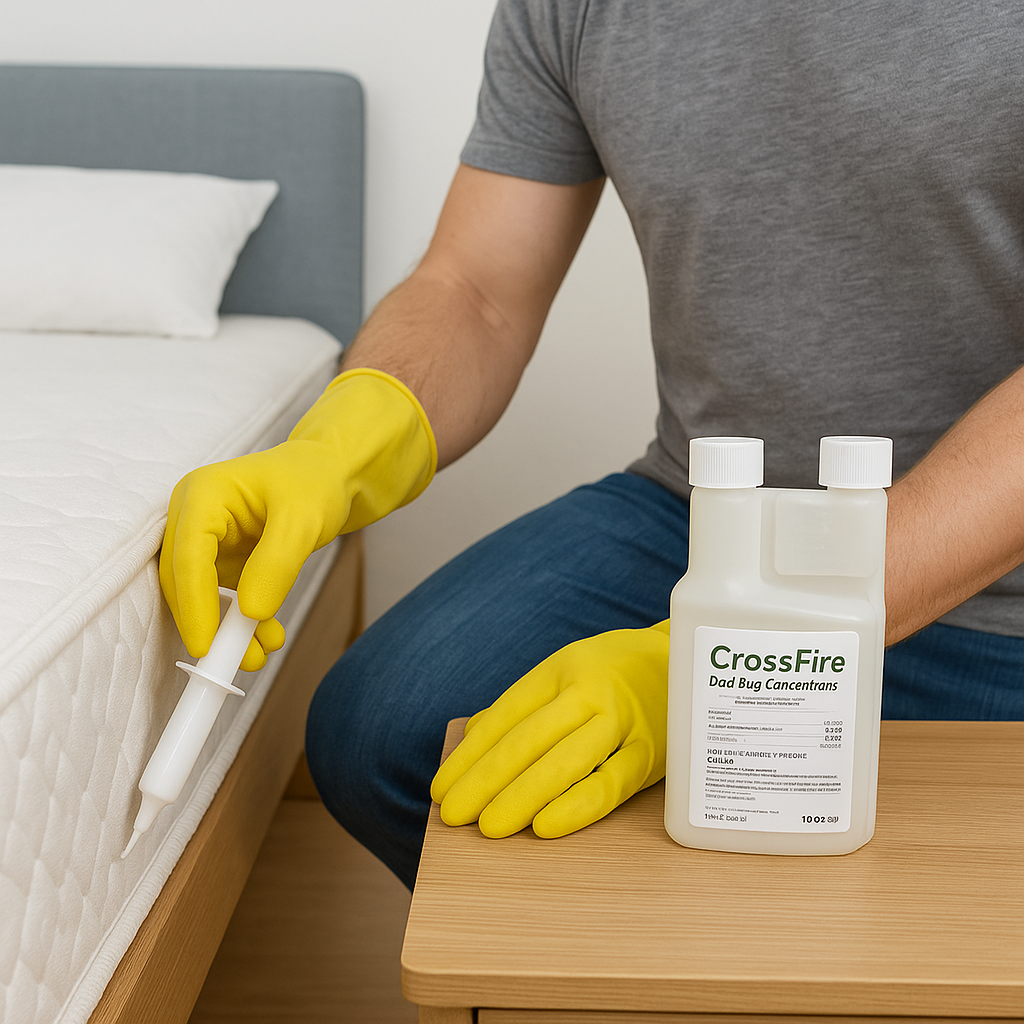


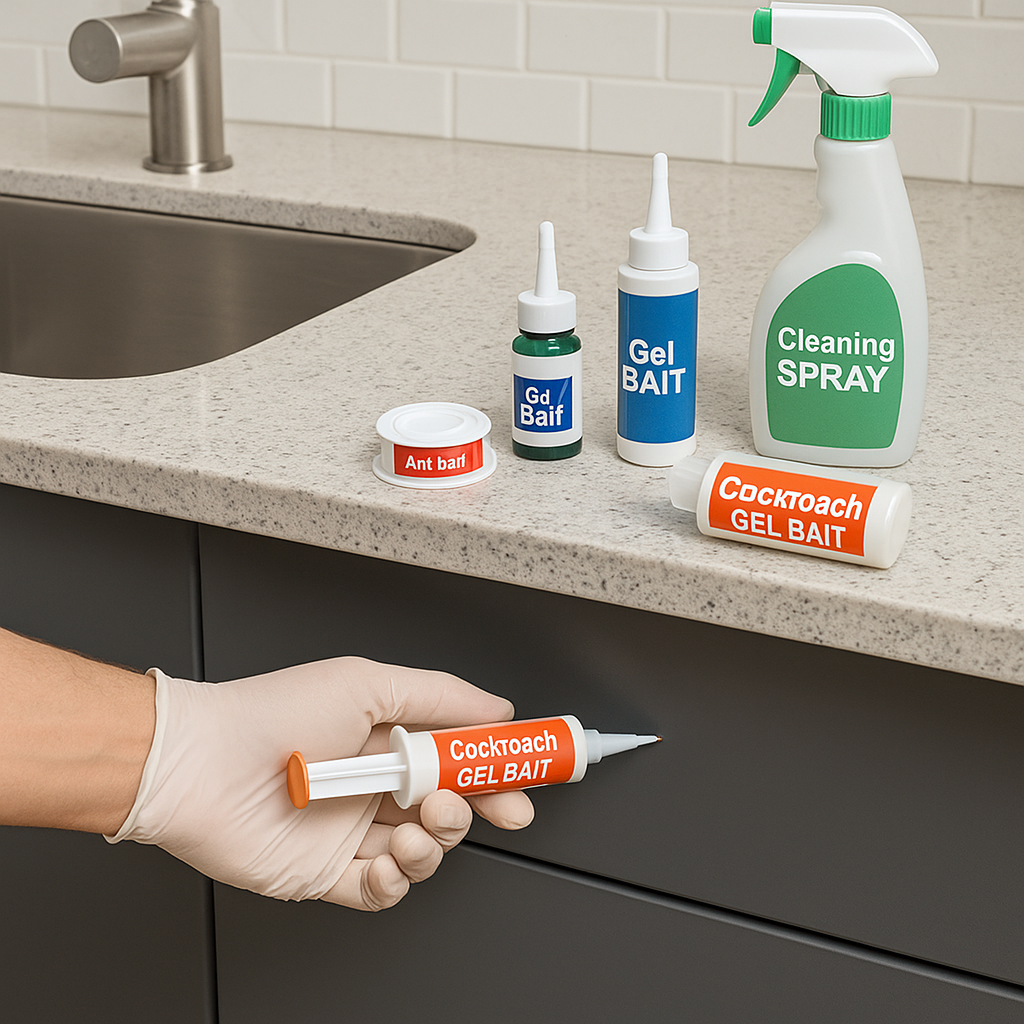

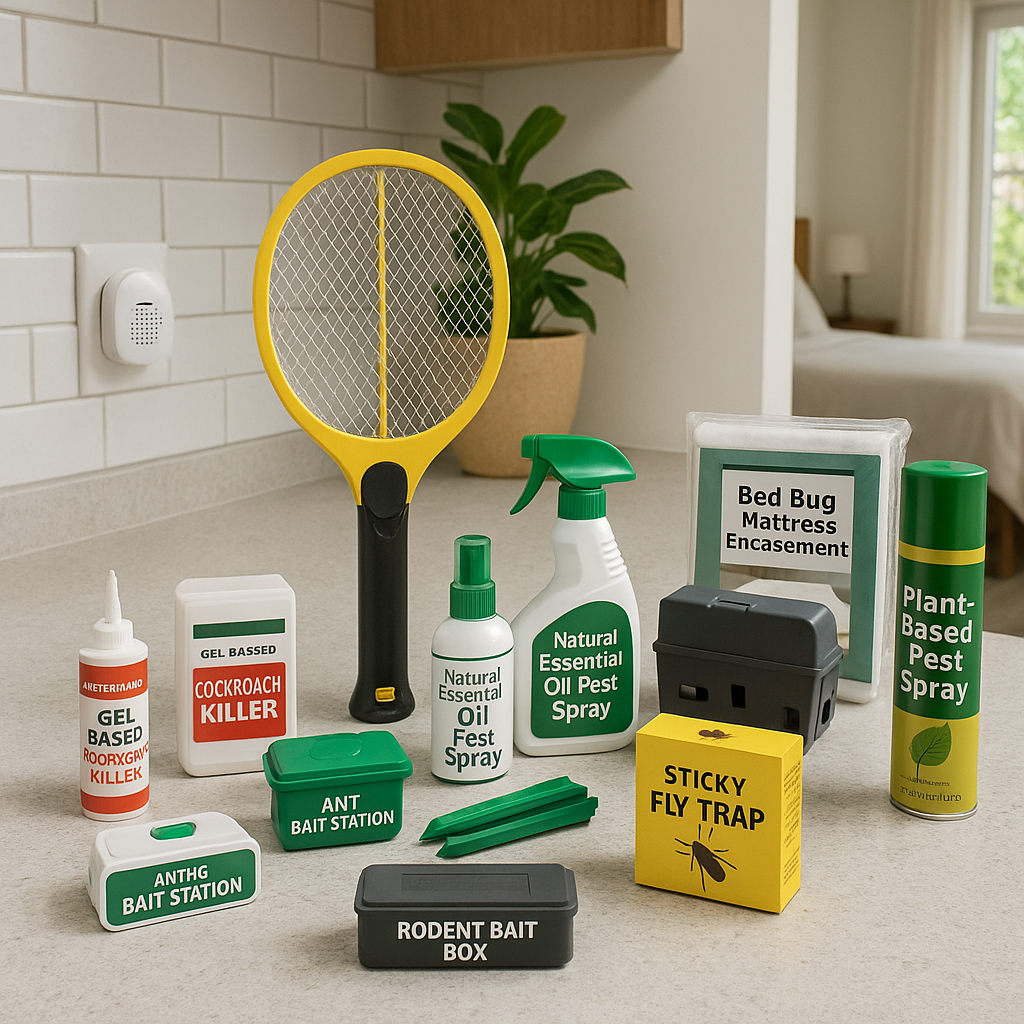
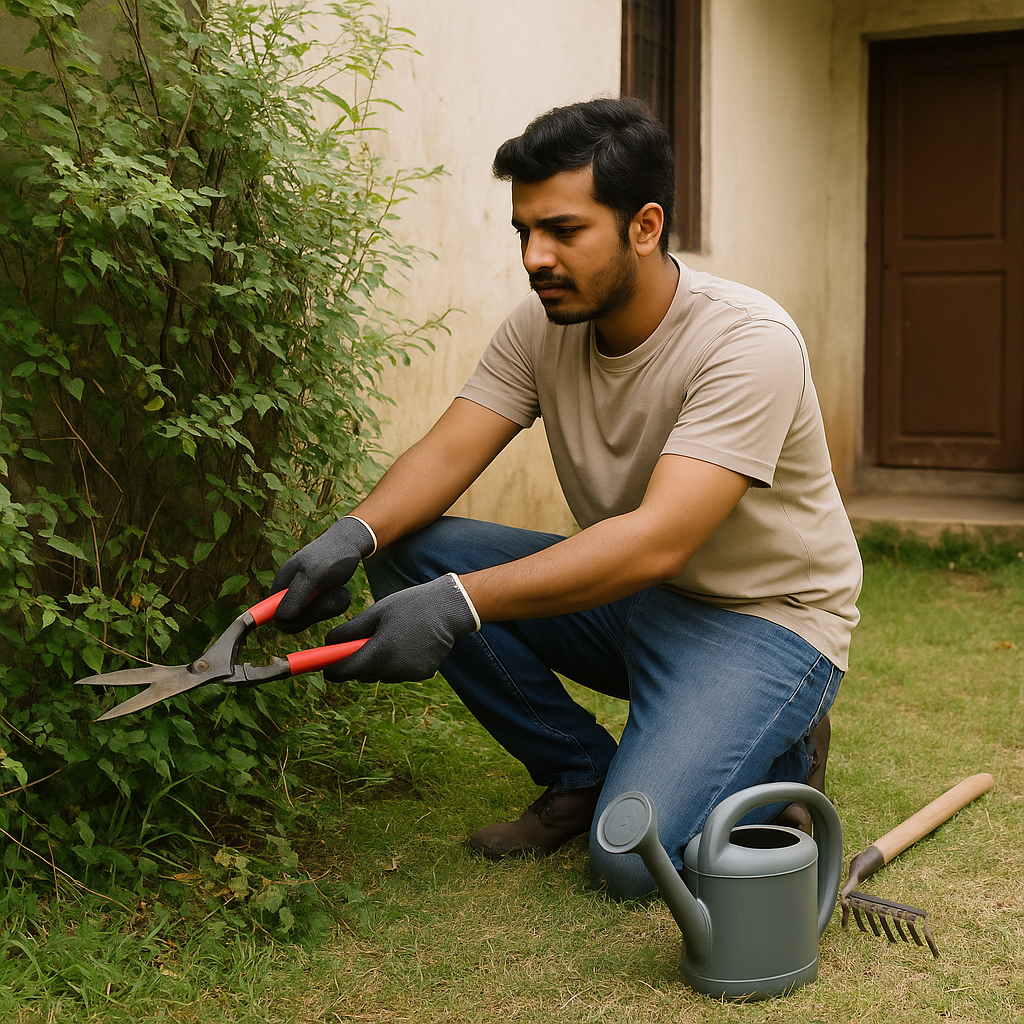
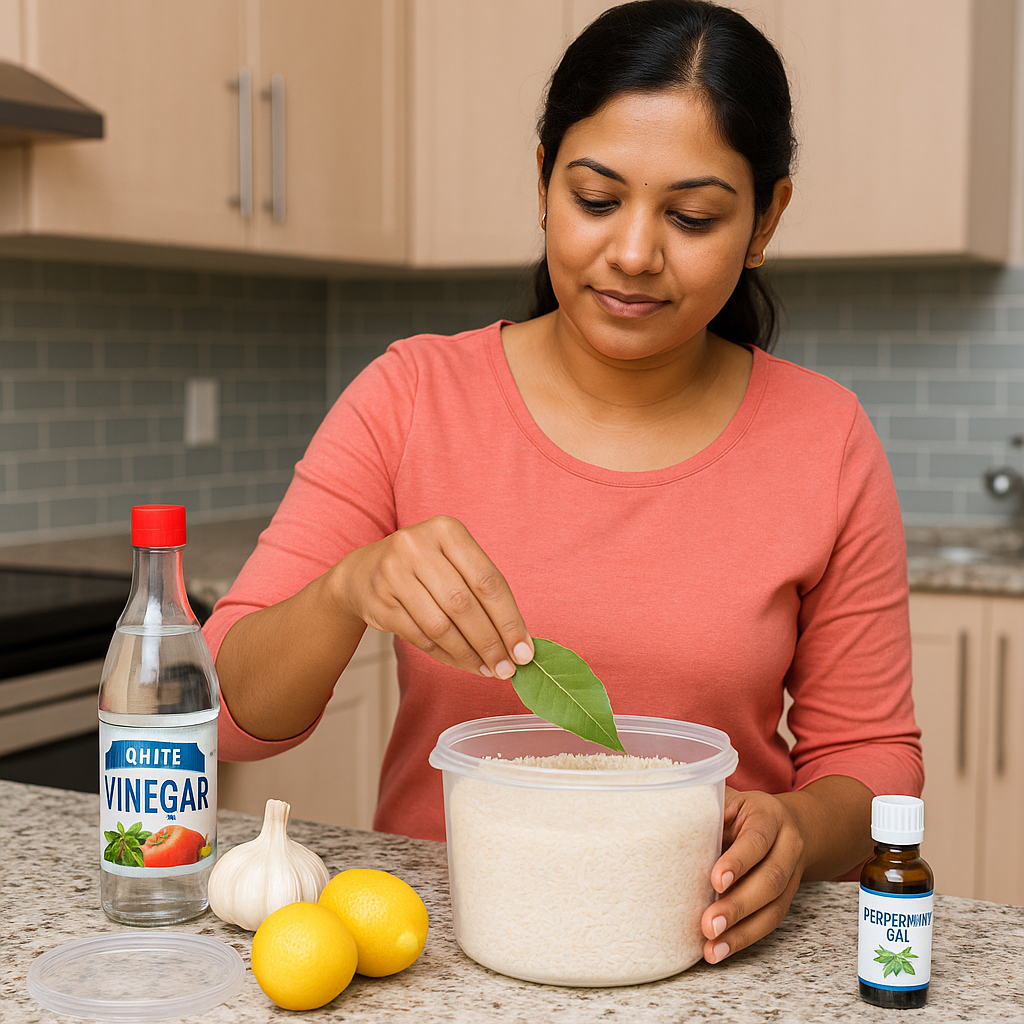











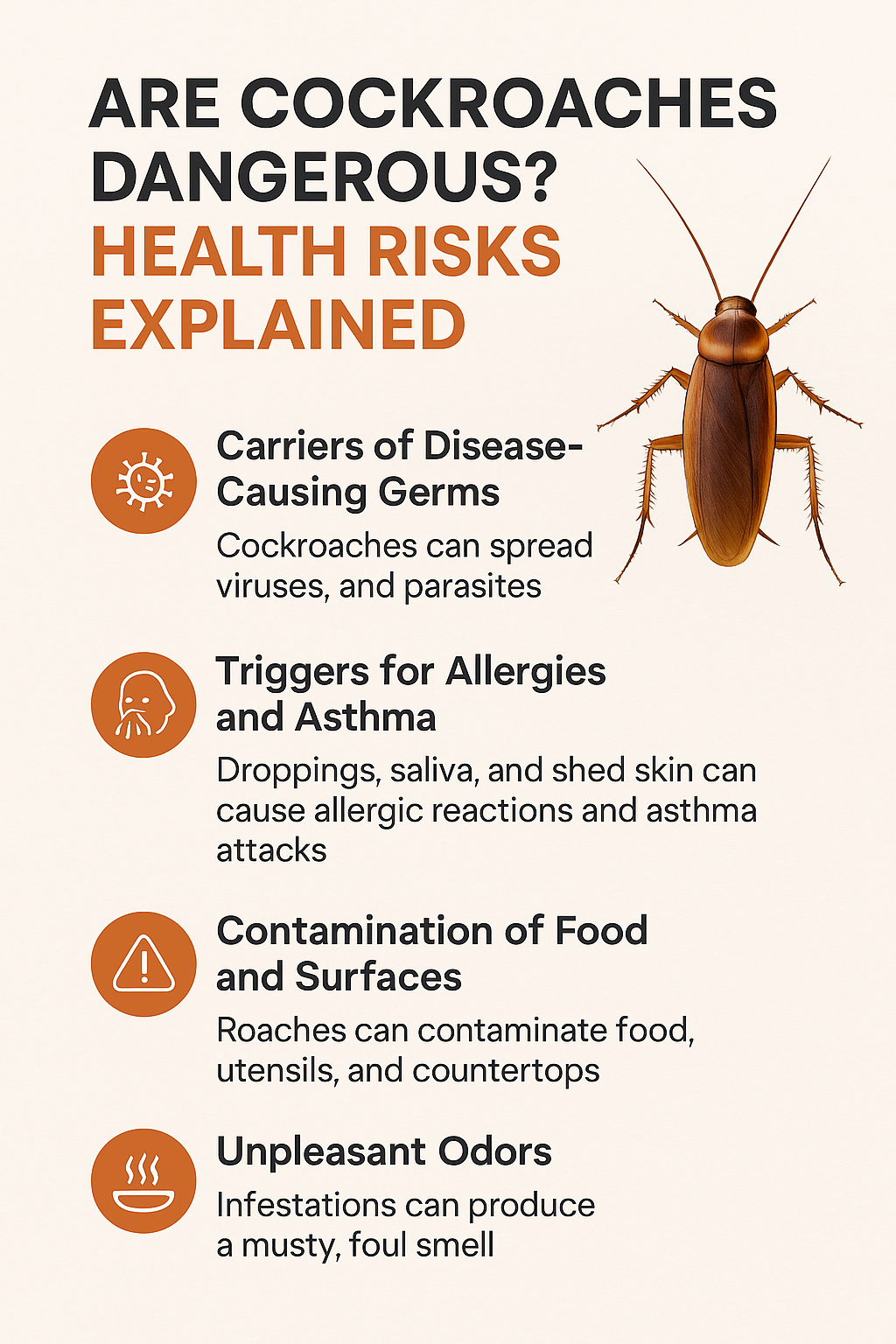
















































(0) Comments